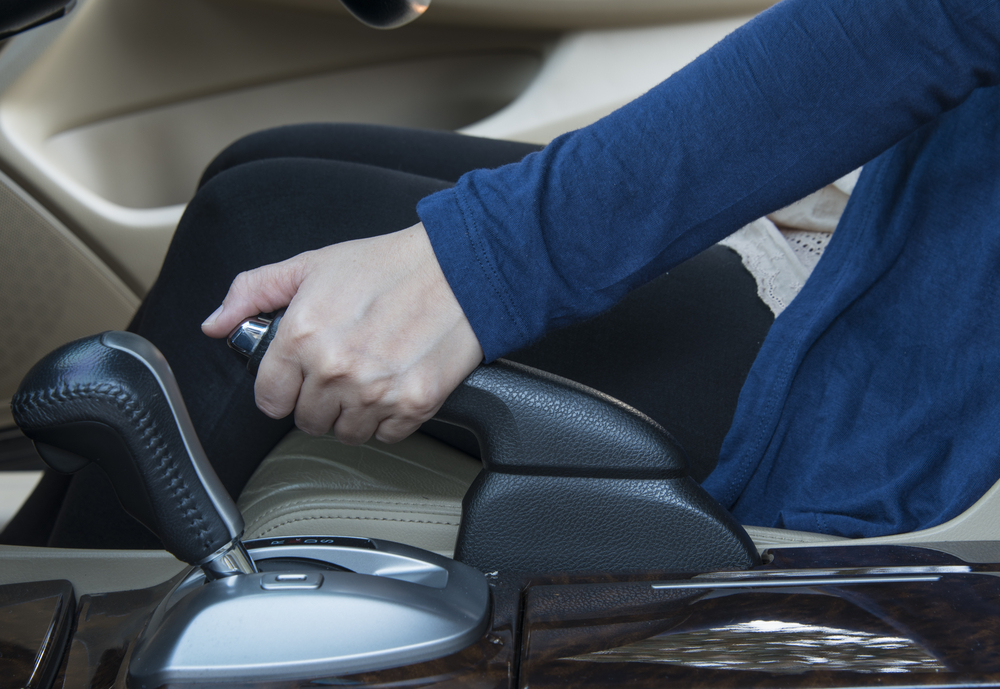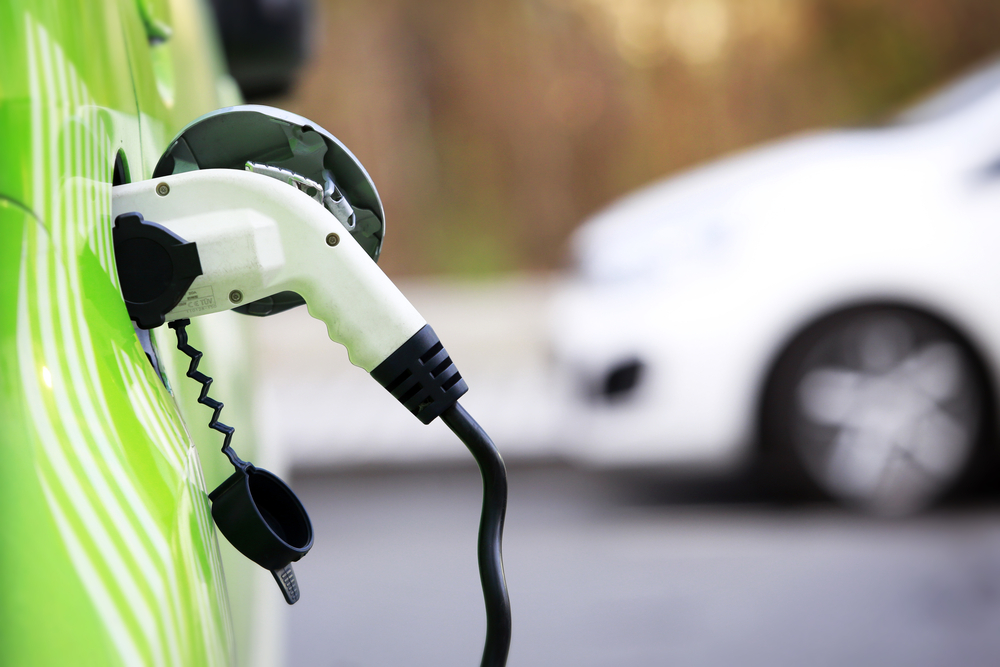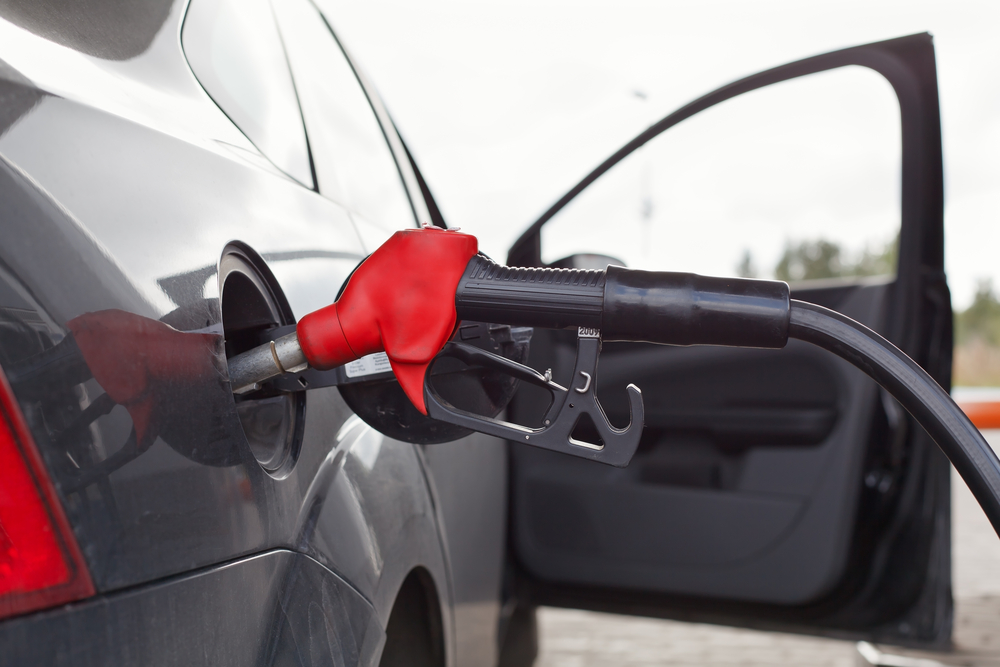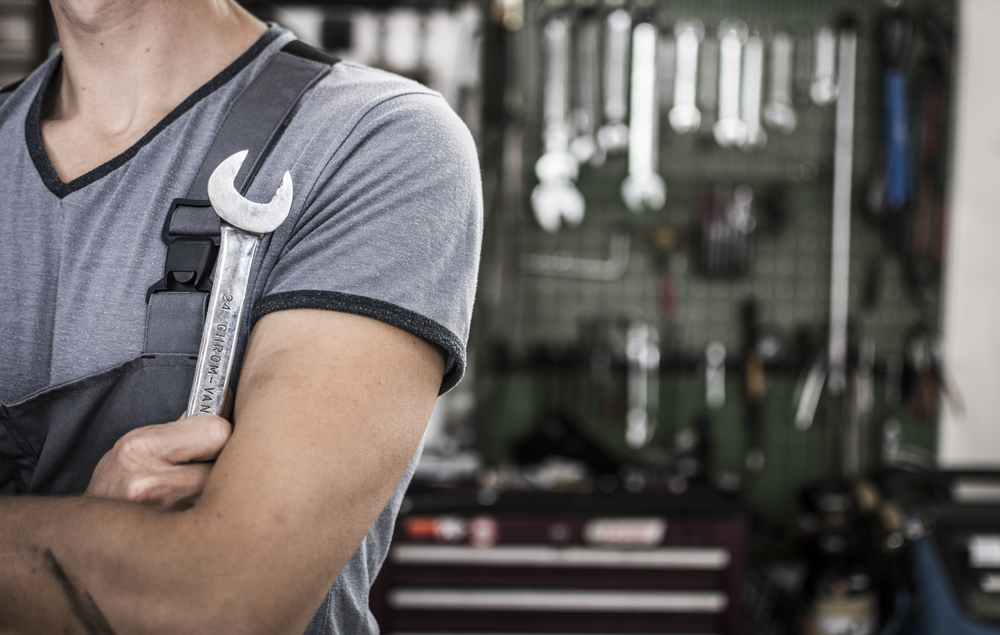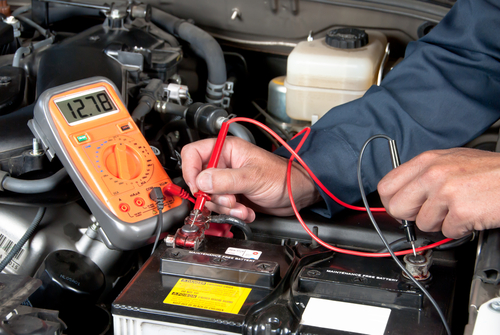It’s important to assess your driving technique every once in awhile. Many common concerns, from safety to the longevity of your BMW’s parts, are connected to the manner in which you operate a vehicle. Braking is a perfect example!
Why It’s Important
The basics of driving that you learned when obtaining your license are just enough to keep you adequately safe. Acceleration and braking may seem simple, but a closer look at braking has a lot of potential to improve the safety of your driving and extend the life of your brakes. Whether you’re driving around in wet, slick conditions or you commute often in slow traffic, different circumstances on the road will affect your brakes in different ways. The better you understand how to get things right, the safer and stronger those brakes will be, saving you both money and the consequences of an accident.
Good and Bad Habits
Try to exercise an overall sense of finesse and efficiency in how you use the brake pedal. Braking should usually be progressive, meaning that the onset and release of pressure is as smooth and gradual as possible in proportion to your speed. It’s also about knowing when not to apply pressure. For instance, how much speed can you safely reduce just by coasting? You should also slow down just before a corner rather than just during the turn. Avoid cadence braking (pumping the brakes to maintain steering ability) unless you’re losing traction and don’t have ABS. Don’t forget that braking and acceleration should both be done with your right foot.
Technique vs. Attention
Smart braking also comes from your ability to mind your surroundings, read the behaviour of other drivers, and understand the relationship between your vehicle and its environment. How good is your depth perception, and how accurately can you estimate the distance of a stop or angle of a corner? Are you aware of how much traction you have considering weather and the condition of the road? Does the person in front of you seem to be heavy on their brakes? A more astute sense of these variables will enable you to apply your technique as best as you can, maximizing safety and minimizing wear!
Are your brakes in good condition? All of that summer driving could have taken its toll, so an expert checkup might be just what your BMW needs. Give Motorwerkes a call at (403) 768-3169 to schedule an appointment!

